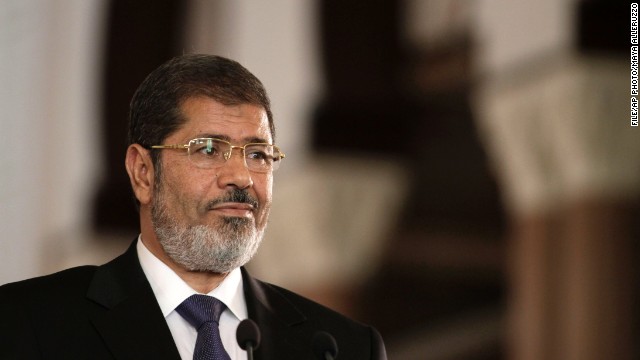
However, in some places, the leaders don't need to make that effort. Though they benefit from vicious cycles and probably do know they're wrong, the citizens might not. If a vicious cycle has been going on for a while, it may just be another part of everyday life. This article on fighting corruption in Africa states that "one of the greatest areas of corruption risk can lie within an organisation's own workforce. Unless trained otherwise, employees who have been brought up in Africa may not consider facilitation payments or bribes as wrong" and "Up until a decade ago, bribery and corruption were an accepted part of doing business." The article seems to imply that corruption is waning due to the increasing risk of losing business; however I believe that, in order to cut corruption and vicious cycles at their roots, education needs to begin early that these methods are wrong and shouldn't be tolerated in any circumstance. It may be fanciful to say that considering that education in Africa isn't the best, but even if a few people learn this in schools, they could influence their peers, eventually helping to halt the reign of a vicious cycle and bring about a more virtuous one.





















